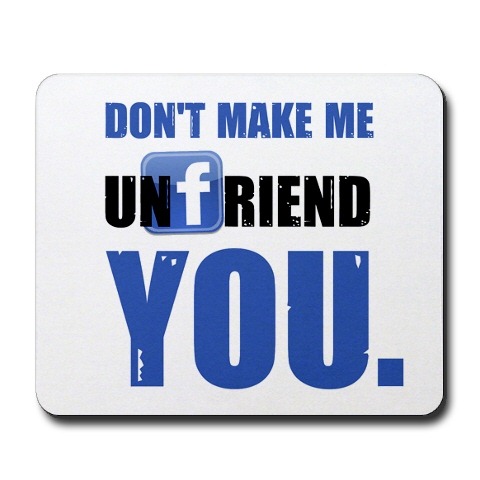-

Are you making any of these bad follow up mistakes?
There are lots of good ways to follow up with your contacts to deepen your relationships with them, and spark further interest in you. I thought it would be useful and amusing to review a list of bad follow up practices and messages that I’ve encountered over the years. (For some better options, see this post on good follow up ideas.)
You might be able to get away with these mistakes if you already have an established relationship with someone. But if the connection is still fragile, following up with the techniques below is likely to shatter the delicate bonds you’ve created.
I consider these to be examples of bad follow up because they do one (and sometimes several) of the following:
- Offer no value
- Place burdens on the recipient
- Go on for too long
- Presume too much
Ok, so here we go. Please DO NOT do or write these things in your follow up!
- “Hi Dan, I’m just writing to follow up. [end of message]”
- I have actually gotten this message. I just imagine a student going through his list of contacts and putting a check box next to each person he has “followed up” with just so he can say he did it. Following up is not a formula. It takes thought and creativity.
- “Hi Dan, how have you been? [end of message]”
- While this might sound polite and innocuous, it asks without giving and comes across as a very low-effort attempt to get you to write back. I have a hard enough time responding to messages like this when they come from my friends and family (as you probably do too). Taking the time to write “how I’m doing” to someone I just met, and making judgments on what I might want to include other than “I fine” just isn’t something I’m enthusiastic about.
- “Can you take a look at my resume?”
- Maybe this one irks me more than it should because I’ve looked at so many resumes over the years. But no one really likes looking at resumes – even career counselors. (Go ahead, ask them!) Reading resumes is about as exciting as . You can be confident that even if a contact of yours is willing to take the time to give your resumes a genuine review, he’s not going to enjoy it. It’s better for you to reserve your political capital for something more impactful – like connecting you to other people.
- “I saw a job posting at your company that really interests me. Can you connect me to the manager?”
- Trying to “network into” a job posting doesn’t work. If we move past the self-interested tone of this message for a moment, which is always somewhat off-putting (i.e. “how can you help me get what I want?”), this question is based on the tenuous assumption that the contact is aware that there IS a job posting – let alone who the manager might be who posted it! It’s also based on the weak assumption that the job posting is actually for a real job (many postings aren’t). Questions like these are a great example of trying to mix the hidden and traditional job markets. If you don’t know what I mean by this, check out this blog entry.
- “It’s been a while since we last connected, and I thought I would check to see if you have any open positions.”
- This is similar to the question above in being self-absorbed and job-focused instead of relationship-focused. The question could also be rewritten as “Got any jobs for me yet? It’s been quite a while and you haven’t given me anything.” This is not a good message to communicate to someone. What have you given to earn the right to ask for things?
- The series of follow up notes below:
- [Monday] “Just a note that it was great to meet you on Friday. Thanks for your time and I hope we can keep in touch.”
- [Tuesday] “I found an article related to the discussion we had on Friday. I think it’s really interesting. Here it is. Hope you’re well.
- [Wednesday] “Did you read the article I sent you? What do you think?]
- [Thursday] “I haven’t heard back from you. Are you still there? Really hoping we can keep in touch.”
- [Friday] “I’ve attached a copy of my resume. Would you mind taking a look at it?”
- This is the stalker approach, and it’s likely that your contact decided to block your email address after reading your Wednesday note. It’s good to follow up, and it’s good to do it with some regularity. But, unless you and your contact are new best friends, you’ve got to be careful not to be a pest. Pest = blocked. Blocked = no relationship.
Let me know what you think. Have you come across other examples of bad follow up you’d like to share?



What do you think?
Comment Cancel